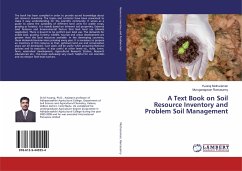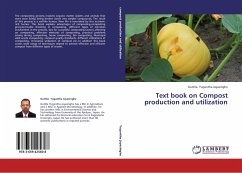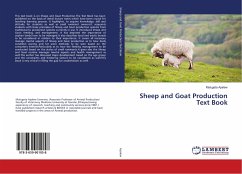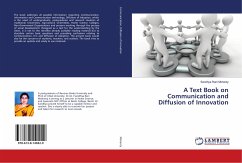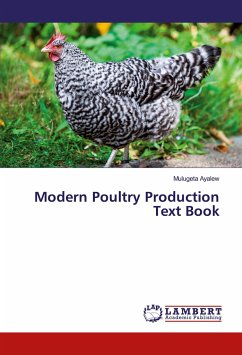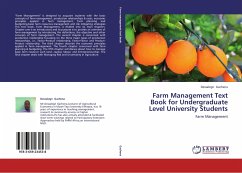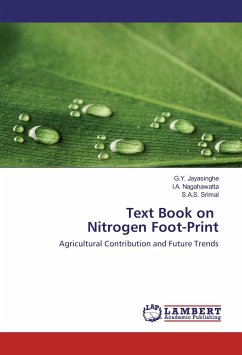The book has been compiled in order to provide sound knowledge about soil resource inventory. The topics and contents have been presented to make it easy understanding for the scientific community. It serves as a guide to assess the suitability of different land units for arable crops, grazing or forestry. It is mainly based on Inherent soil properties, External land features and Environmental factors that limit land use (climate vegetative). There is bound to be conflict over land use. The demands for arable land, grazing, forestry, wildlife, tourism and urban development are greater than the land resources available. In the developing countries, these demands become more pressing every year. It is necessary to prepare an inventory of this resource so that, optimum land use and conservation plans can be developed. Such plans will be useful while preparing National policies and its execution. It also useful at other levels viz., state, town, farm, watershed development, Agricultural Research Station, Research laboratories etc., this book exclusively very much helpful for soil scientists and its relevant field level workers.
Bitte wählen Sie Ihr Anliegen aus.
Rechnungen
Retourenschein anfordern
Bestellstatus
Storno

